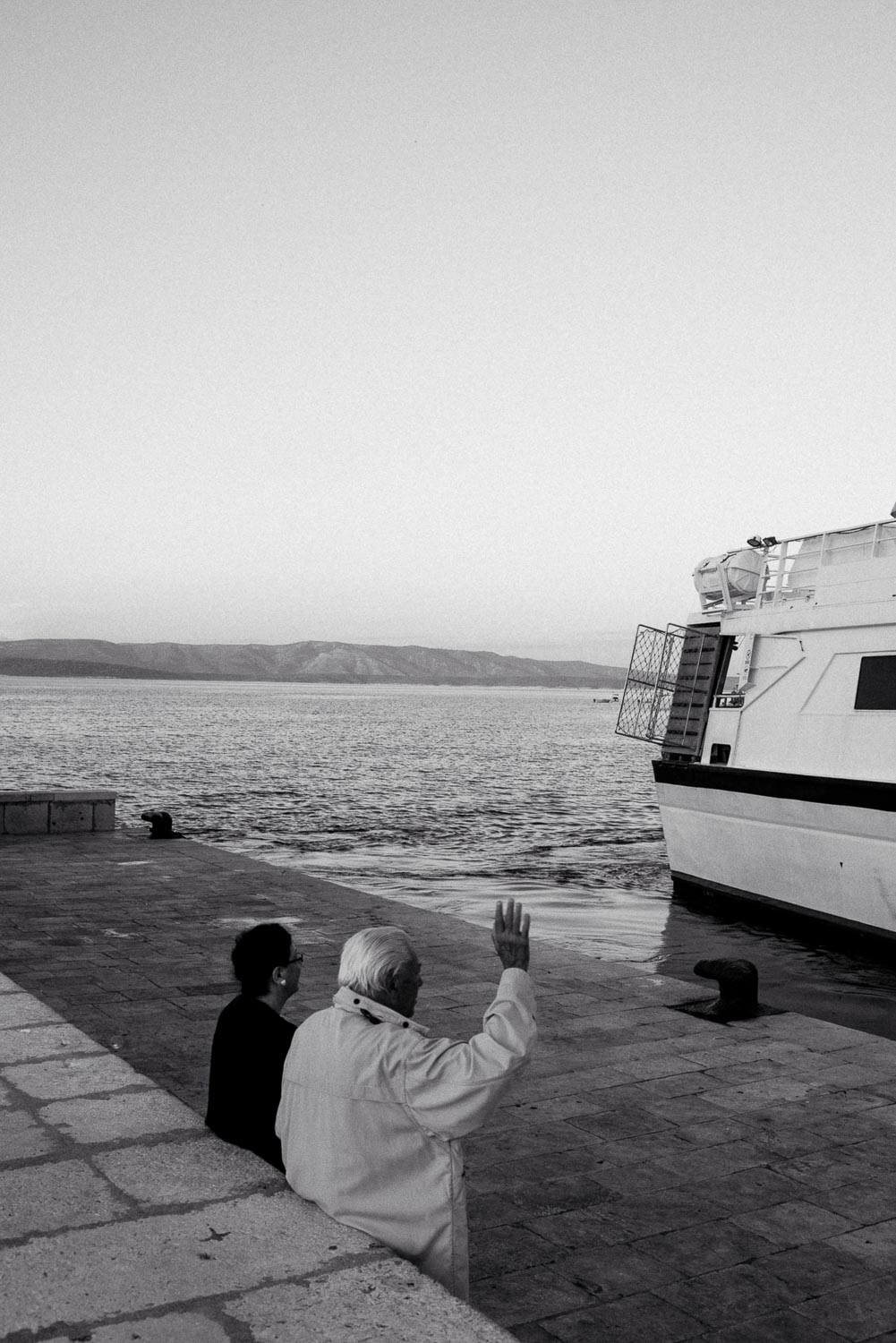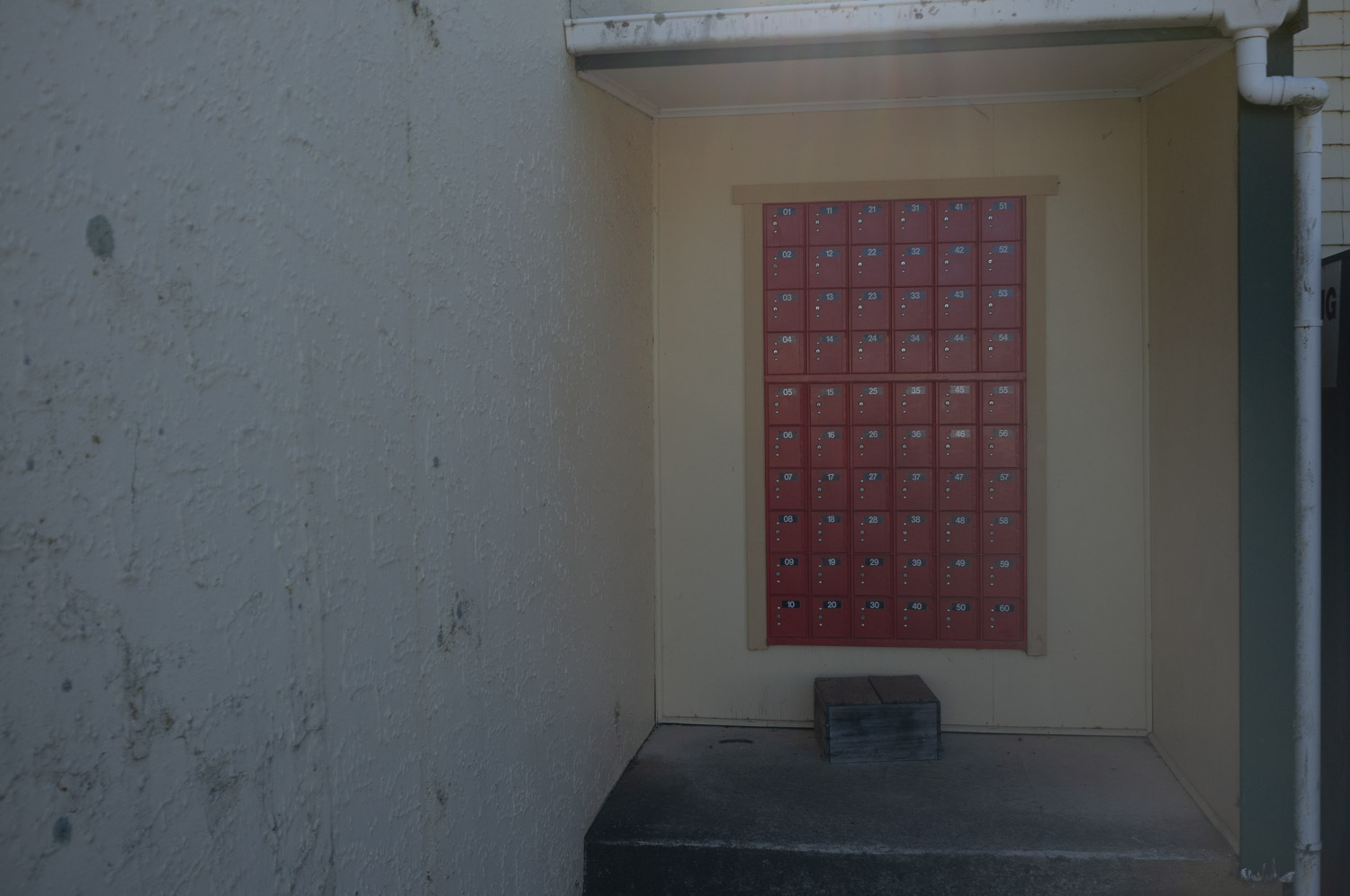Burning Down the House Cenotaph V
“So I chose the place where I wanted to live, but I have also chosen the language I wanted to speak.”
Vera Linhartova, from Encounter by Milan Kundera


As 1992 slowly dragged itself from autumn into winter, I started discovering Pearl Jam, cigarettes and Northern Exposure.
I’d just left a city of around half a million for a small town of 1,200 at the end of an island road. Boredom was abundant. There was a mountain at the rear, sea in front, and all your life had to be packed into a thin strip between the two.
I used to spend summers here, learning how to swim, ride a bicycle, and a thing or two about human anatomy at the local nudist beach. We’d spend the days jumping over stone drywalls and watching films from a treetop next to an open-air cinema.
I’d just left a city of around half a million for a small town of 1,200 at the end of an island road. Boredom was abundant. There was a mountain at the rear, sea in front, and all your life had to be packed into a thin strip between the two.
I used to spend summers here, learning how to swim, ride a bicycle, and a thing or two about human anatomy at the local nudist beach. We’d spend the days jumping over stone drywalls and watching films from a treetop next to an open-air cinema.





As the clouds pressed lower and the sea became grey, the last bit of innocence was slowly squeezed out of my childhood. A tobacco rush and sad, suffering music made in Seattle came as natural escapes; the characters of Northern Exposure became role models in absence of others.
The winter was windy, solitary and quiet. By then, I knew the war wouldn’t finish in a month or two. Admitting that Sarajevo was no longer my home felt unacceptable, a betrayal of everyone who stayed behind and everyone who left. Still, this was where I was, where I had to be, where I had to find a way to be.
The winter was windy, solitary and quiet. By then, I knew the war wouldn’t finish in a month or two. Admitting that Sarajevo was no longer my home felt unacceptable, a betrayal of everyone who stayed behind and everyone who left. Still, this was where I was, where I had to be, where I had to find a way to be.


Among the few things we took when we left was a small 110 format camera. I started taking photos with it until I ran out of cassettes. I wasn’t developing the film; the entire purpose was simply to use the camera to frame mundane fragments of a new life. Whatever thoughts I had while doing it were left to slowly die off on those tiny frames. I was there; home, again.

The small, personal habit of ‘framing things’ turned into a profession. I loved doing it, being away. In every new place, every country going through a rough patch, it was easy to stay detached and pick the crumbs off the surface of the situation. The problem was, it wasn’t real.
Bored, I’d start taking quiet photos; putting together a mosaic of seemingly unimportant things, pieces of people’s ‘normal’ lives, lives ‘before all this happened.’ I could taste in them some long-misplaced summers and winters of my own home.


As 2014 slowly dragged itself from spring into its excuse for summer, I started discovering the pleasures of painfully long runs, West London’s Polish community, and the soothing effect Waitrose has on a poor immigrant.
There is a girl now, with black hair and galaxies on her neck. But London feels like a huge, tame doll-house. I need life, people who say what they mean, not what they think people want to hear.
There is a girl now, with black hair and galaxies on her neck. But London feels like a huge, tame doll-house. I need life, people who say what they mean, not what they think people want to hear.


I follow random strangers and ‘steal’ photographs of them, borrowing a little bit of their lives. I peek over fences into backyards and living rooms. Walks are long. More and more I lose myself in galaxies, frame by frame the city melts beneath me.
Home, again.
Home, again.

I travel back to the island. September is quiet. I’m sitting with a friend, Hrvoje, in our ‘living room’—the Marinero bar—under the same mulberry trees I used to perch on top of. Sometimes he wonders, wouldn’t it be easier if he belonged to just one place, if he had a strong sense of background, one less unknown in the equation we’re constantly solving.
In the shade, among the shouting of school children, all I can think about is how many more times I’ll be home, again.
In the shade, among the shouting of school children, all I can think about is how many more times I’ll be home, again.